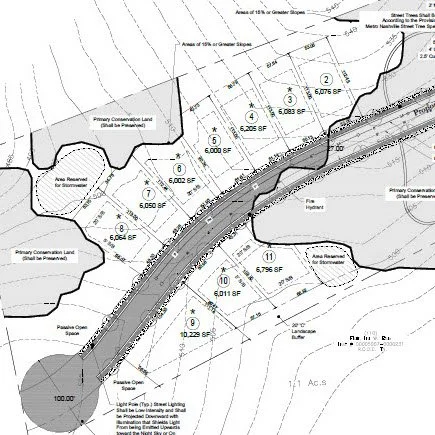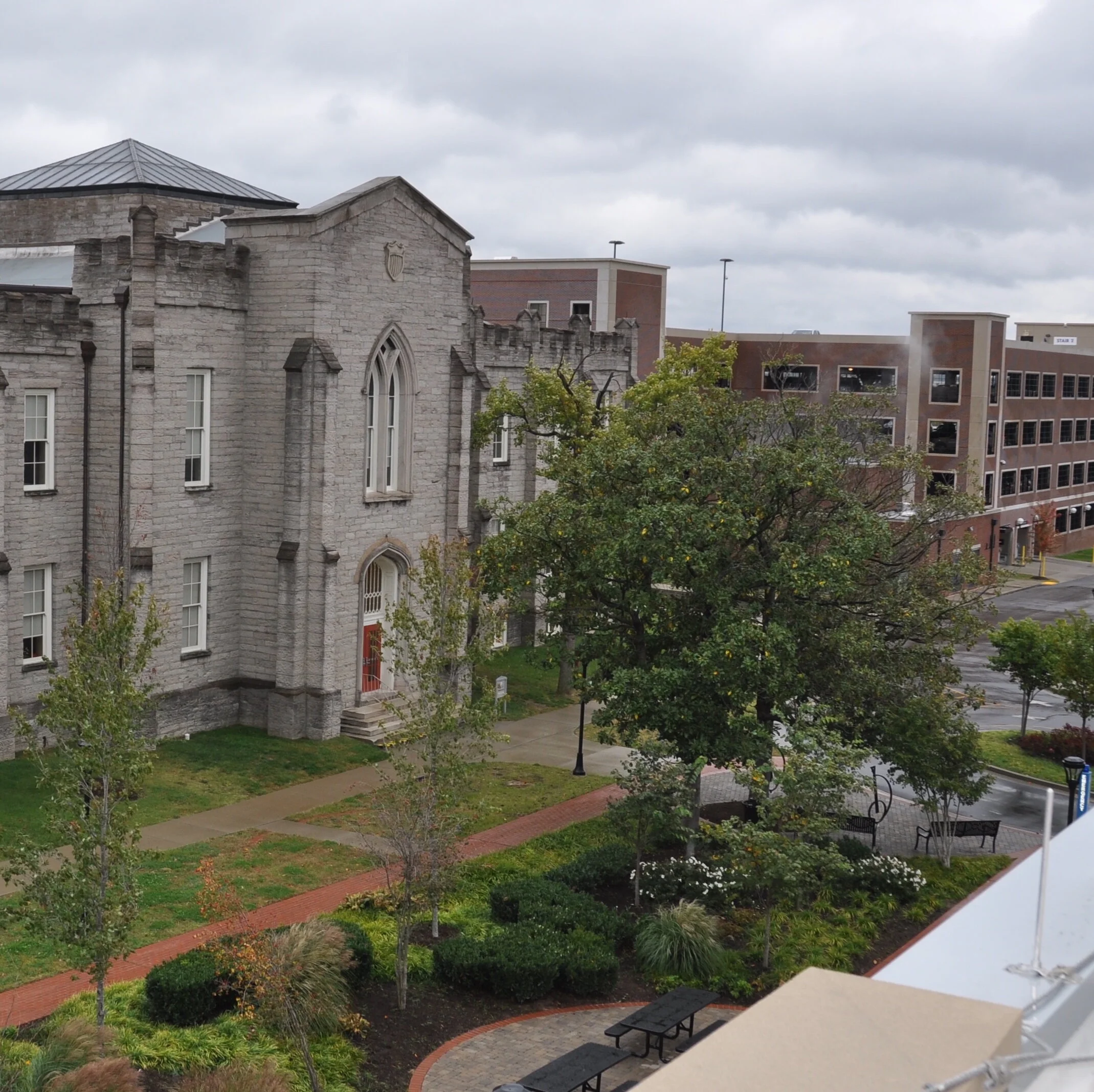A change in Nashville’s residential zoning codes approved by the Metro Council will help to secure greater protections for environmentally sensitive natural areas throughout Davidson County.
Read MoreA bill under consideration by the Metro Council would provide a dedicated funding stream for the ambitious Root Nashville campaign to plant 500,000 trees in the city in 30 years.
Read MoreMore than two years after the Cherrygate incident provoked widespread outrage, Metro Council is moving toward passage of a tree bill that would strengthen protections for trees on public property.
Read MoreThe mayor’s proposed budget for next year includes funding for several new employees to plant, maintain and protect trees on city property.
Read MoreThe Historic & Specimen Trees Program registers and recognizes trees in Davidson County as important to the area and community.
Read MoreRemoving trees from sloping land creates dangers from erosion and landslides, so standards that regulate clearcutting in development can help make Nashville a safer place
Read MoreResearch on woodland clearcutting legislation in other cities in Tennessee and beyond provides Nashville with a model for evidence-based ordinances.
Read MoreBL2020-288 becomes law on July 22, 2020. Starting on August 3rd, 2020, street tree requirements will be expanded to multi-family and commercial zoned properties in areas designated as “Centers” in the NashvilleNext plan.
Read MoreDid you know that Nashville has a Tree Bank, an account with funds used to plant trees on public properties? Unless you’re a commercial developer or a tree advocate (like us!) you’re probably unaware that such an account exists — much less how it operates. Since Metro’s new tree ordinance took effect on September 1, 2019, city officials have reworked procedures for the Tree Bank, trying to bring more transparency and accountability to the process.
Read MoreHow are the transplanted cherry trees doing and where will the new 200 NFL cherry trees going to go?
Read More











